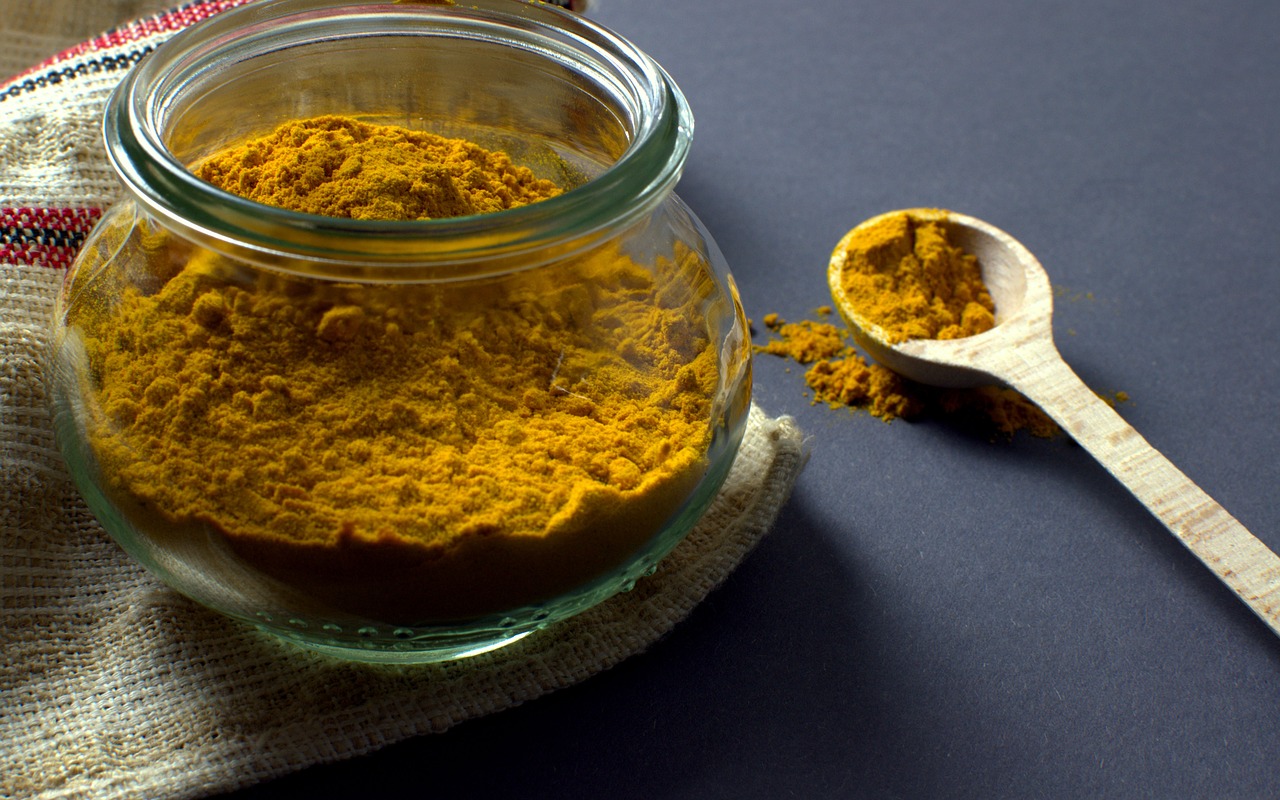Yes! Turmeric is healthy for your dog to eat and contains antioxidants that help prevent cancer and other diseases. Turmeric can also help dogs with arthritis by reducing inflammation. While turmeric is medicinal, your dog can also experience digestive issues if he consumes too much.
Serving Ideas
Dogs can eat turmeric:
- As an ingredient in homemade treats.
- Sprinkled on top of their dog food.
- In small quantities. Dogs do not need more than ¼ teaspoon of turmeric daily.
For More Information
We’ve got tons of articles about which foods are safe or dangerous for your dog, from common snacks to fruits. You might also be interested in “Can My Dog Eat Ginger?”
The information provided in this article is not a substitute for professional veterinary help.




